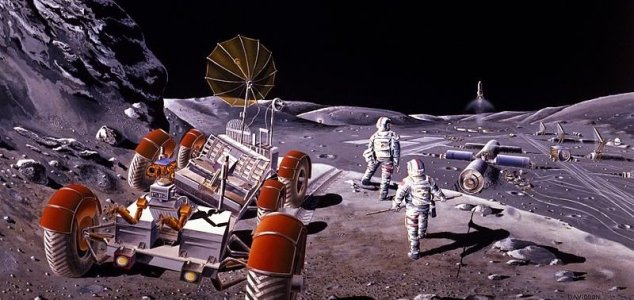| Online: | |
| Visits: | |
| Stories: |

| Story Views | |
| Now: | |
| Last Hour: | |
| Last 24 Hours: | |
| Total: | |
Hawking: Humans Will Have Moon Base By 2064
Wednesday, March 19, 2014 7:41
% of readers think this story is Fact. Add your two cents.

The legendary astrophysicist spoke about the future during a recent TV broadcast about the space station.
Hawking warned that the Earth’s population is growing too rapidly and is using too many resources for the planet to sustain our civilization for much longer. Soon, he maintains, we will have to move out in to space and start to colonize other worlds in order to grow and survive as a species.
“Our planet is an old world, threatened with an ever-expanding population and finite resources,” he said. “We must anticipate these threats and have a plan B.”
It would be nice to have a Plan B certainly. I would love to be alive to see this happen.





I wonder how the Orion/Draco empire feels about sharing their “moon” with us. My god theres stuff all over the palce up there.
Seriously do you think they are going to let us go and ruin another planet? Really? You think we should go elsewhere and mess the place up really? I THINK NOT it wont happen with the current paradigm. Earth humans are a mixed population of useless and useful eaters, unfortunately the former is more prevalent!
According to the Blue Planet Project Book we’ve had them for a long time!
http://www.blue-planet-project.com/